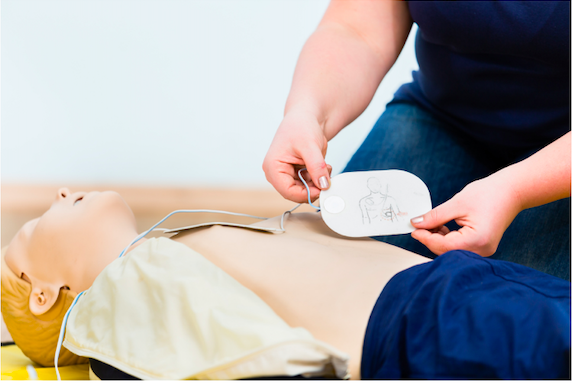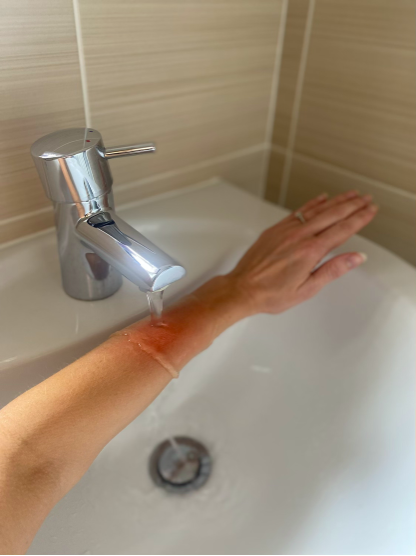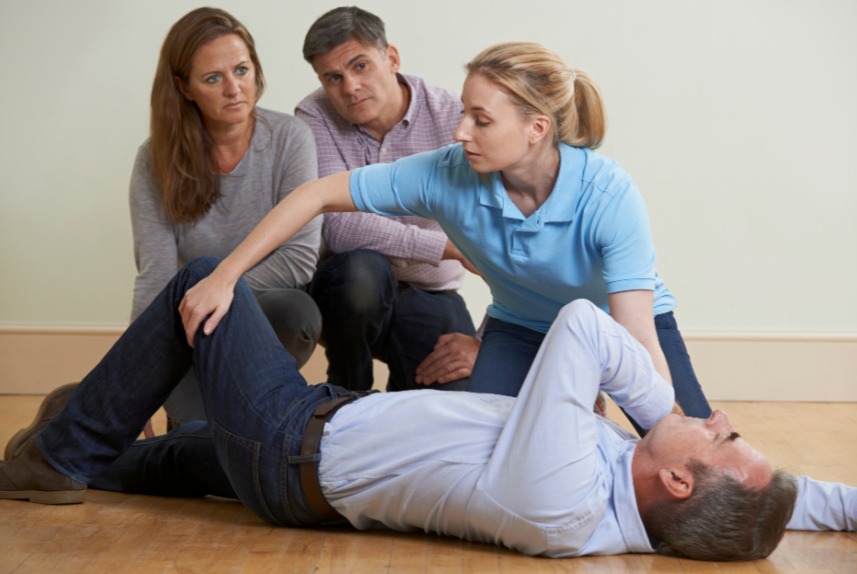Living in Norfolk has its unique charm, I often feel lucky to be surrounded by so much natural beauty, from the stunning coastline to the quiet countryside and the beautiful Broads. But for those of us living, working, or visiting more rural or coastal parts of the county, there’s an important reality to be aware of: when something goes wrong, emergency medical help can sometimes take longer to reach you. That’s where first aid knowledge becomes absolutely vital.
Why First Aid is Especially Important in Rural Areas
In urban settings, ambulances can usually reach a casualty quickly. In rural Norfolk, however, factors such as distance, single-track lanes, and seasonal traffic can cause delays. According to NHS England, ambulance response targets vary depending on the severity of the incident, but rural call-outs may not always meet the same times as in built-up areas. On the coast, strong tides, isolated beaches, and limited access points can also make it difficult for emergency teams to get to a casualty quickly.
In these moments, a trained first aider can be the bridge between the incident and professional help arriving. Immediate action; whether it’s keeping an airway open, controlling bleeding, or recognising the signs of a cardiac arrest, can make a lifesaving difference.
Common Rural and Coastal First Aid Scenarios
Some situations to be aware of include:
- Falls and fractures – particularly when walking, cycling, or working in farming or construction.
- Water-related incidents – cold water shock, near-drowning, or injuries while swimming, sailing, or paddleboarding.
- Heat exhaustion and dehydration – especially during summer walks on the Broads or coastal paths.
- Agricultural accidents – injuries involving machinery, animals, or chemicals.
- Delayed medical support – scenarios such as an allergic reaction or asthma attack can become serious if help takes longer to arrive.
The Lifesaving Role of First Aid Training
Being trained in first aid means we can take immediate action to give someone the best possible chance of recovery, while we wait for professional support. For example:
- Starting CPR immediately can more than double the chances of survival in cardiac arrest.
- Correctly applying firm pressure to a serious bleed can prevent life-threatening blood loss.
- Knowing how to recognise the early signs of stroke, heart attack, or sepsis can assist the chain of survival.
Why Norfolk Businesses and Communities Benefit
In industries common to Norfolk – such as agriculture, tourism, hospitality, and construction, the risks are varied and often higher than average. Ensuring that workplaces and community groups have trained first aiders provides not only compliance with health and safety law but also real peace of mind for visitors and colleagues.
Final Thoughts
Living and working in Norfolk brings us closer to nature, but it also means we must take responsibility for being prepared. Quick action can save lives – and in rural or coastal areas, that action may fall to you before help arrives.
At First Class First Aid Ltd, we travel across Norfolk delivering courses to give people the confidence and skills to act quickly in an emergency. Or for individuals, we offer a monthly public course in Norwich. Whether you’re an employer, a parent, or someone who simply wants to be prepared, first aid knowledge really does matter – especially here in our county. If you’d like to talk through how first aid training could benefit you or your team, I’d love to chat. Just get in touch via our contact form: First Aid Courses and Classes in Norfolk | First Class First Aid or call 01603 336329.





